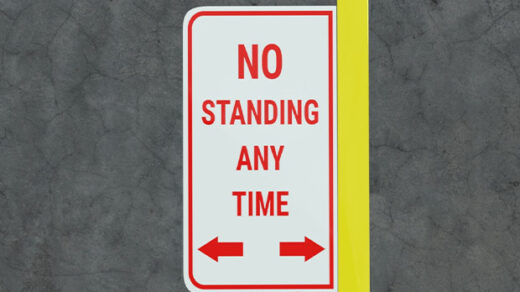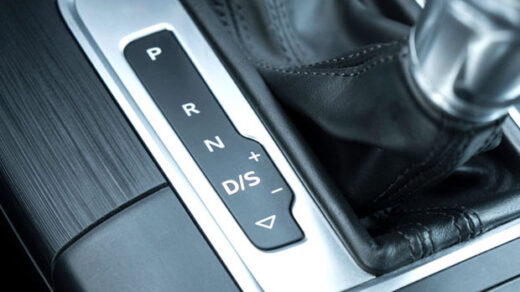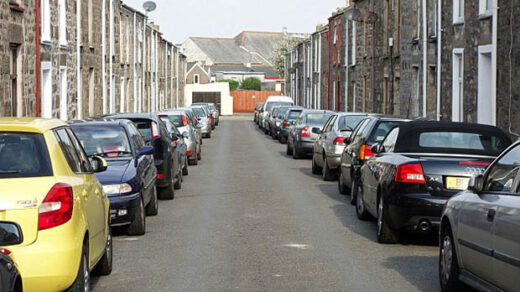A Hollywood car chase is one of the most overused yet entertaining tropes. A fast, tense, and exciting car chase where every vehicle (aside from the protagonists) explodes and crashes all over the place is a favorite among viewers.
Cars don’t really blow up in real life, especially not the way they do in movies. Though it’s a real possibility, a car catching fire. If your car catches fire, comprehensive coverage will pay to repair or replace it.
Can cars explode? Cars are unlikely to explode, but mechanical failures, malfunctions, collisions, and rollovers are all things that can cause a car to catch fire. Learn more about car fire by reading on.
Table of Contents
Can Cars Explode?
No, it’s highly unlikely that cars will blow up the way they do in action movies. Your car might explode in one of only two circumstances:
- You are in possession of an explosive that is set off by an external force, like a propane tank. You run the risk of an explosion if the propane tank in your car catches fire.
- An explosive device, such as a land mine or bomb, has been installed in your car. It’s likely that you won’t ever need to worry about this unless you reside in the “Mission Impossible” universe.
The likelihood of your car catching fire in an accident is higher. According to the National Fire Protection Association, there were 212,500 vehicle fires in 2018, which sounds scary, but this number has actually gone down over time.
For comparison, there were roughly 456,000 vehicle fires in 1980, indicating a more than 50% decrease in vehicle fires over the preceding 40 years. If your car does catch fire, your comprehensive coverage would pay to repair or replace your vehicle.
Can Overheating Cause Cars Explode?
Yes, catch fire. However, explode? Highly unlikely.
The heat produced by a burning car won’t cause an explosion, as we’ve already established.
Evidently, a car accident is usually required to start a fire in an electric vehicle, but in gasoline/diesel engines, a fire won’t start until the fuel reaches a temperature of 500°F, even if there is gasoline vapor in the tank.
Additionally, there isn’t enough air for a fire to spread through the fuel line to the tank and keep burning. So, in order to ignite the gasoline in the tank, you either need to shoot a bullet into it or drill a hole in the tank and drop a lit matchstick inside.
Bottom line: in order to create fiery chaos, a fire source must be present.

What Triggers A Car Explosion?
Here are the details in the absence of any propane tanks that might have been stashed in the trunk.
To cause gas to explode out of a pressurized chamber, a significant amount of heated gas must be produced in the chamber.
However, just because a car’s gas tank is a small space doesn’t mean an explosion is likely.
Vehicle gas tanks, unlike propane tanks, are not pressure vessels, so extreme pressure cannot build up inside of them and cause a burst because of their inadequate sealing.
Unusual design features include pressure vents in gas tanks for vehicles.
And they are now primarily made of plastic.
It is much more difficult for the plastic tank to heat up to a melting point when there is a lot of liquid present in the car’s gas tank. Before this occurs, the fire would typically have been extinguished. But when it does, the plastic tank will melt, allowing the liquid to escape and burn.
Additionally, the metal used to make gas tanks, even those made of materials other than plastic, isn’t thick enough to generate or withstand pressure. They easily deform and crack when under pressure, just like welds that are heated to a high temperature. In any case, the tank’s contents boil over but do not explode.
How Can You Tell If Your Car Is About To Explode?
Although your car won’t blow up, there are some signs that it might catch fire, such as:
- Sparks
- Leaking oil, fuel, or other flammable liquids
- Smoke from the engine
- Rapid changes in fuel or fluid levels
- Overheating exhaust/engine temperature
- A loose or blown fuse
- Dysfunctional electrical system
You should stop your car as soon as you see any of these symptoms, turn off the engine, get everyone out, and dial 911. If there isn’t an active fire you might be able to call roadside assistance to have your car towed for repairs, but if you see smoke or fire you’ll want to call 911 right away.
What To Do When Your Car Catches Fire?
If you notice smoke or the smell of something burning, pull over safely and slowly, then turn off the engine. Then, quickly get out of the car along with every passenger, and drive as far away as 200 feet.
Calling an emergency response team should be your next course of action. If smoke is coming from the hood, you can use your fire extinguisher from a few feet away in the interim.
However, if the smoke is coming from the back of the car, pull over as soon as possible and do not, under any circumstances, try to use the extinguisher.
When in doubt, it’s always preferable to call and wait for emergency response teams.
Tips To Prevent A Car Fire
Similar to the adage “prevention is better than cure,” becoming familiar with potential fire hazard factors may enable you to exercise the proper caution and avert a dangerous situation.
Here are some options for you:
- When adding or changing the oil in your car’s engine, always use a funnel, and when you’re finished, replace the cap tightly. This is done to prevent any spills or splashes, as oil on the engine can set off a fire.
- Make sure to firmly replace the gas cap after each gas station fill-up and to clean up any gas leaks from the car’s body.
- Avoid parking close to or on top of tall grass to prevent hot exhaust pipes from coming into contact with the potentially flammable and dry grass. If a grassfire breaks out, it might ignite dripping auto fluids and ignite the entire vehicle.
There may be a leak somewhere if you notice sudden or unusual changes in the gas or oil levels in your car.
The first way to check is to keep an eye out for leakage symptoms under your car.
Sometimes, even when you’ve done the best you can, you may not actually be able to prevent a car fire, so…
Can Electric Cars Explode?
Electric vehicle lithium-ion batteries can explode under certain conditions, but this is uncommon. Almost every portable electric device, including cell phones, laptops, electric cars, and airplanes, is powered by lithium-ion batteries. Almost everyone in the nation uses multiple lithium-ion battery-powered devices every day without the risk of an explosion.
But there’s a chance that a lithium-ion battery could blow up if it’s exposed to extremely hot conditions or if it has a manufacturing flaw.
It increases the chance of an explosion if the battery in your electric car is exposed to heat while on fire. Your insurance may contribute to the cost of repairing or replacing your electric car battery if it is damaged.
Will Car Insurance Cover It If Car Explodes?
If your car catches fire or explodes, you will be protected if you have comprehensive insurance. Insurance for “other than collision” (also known as comprehensive coverage) covers harm to your car from sources other than collisions, such as:
- Fire
- Theft
- falling objects (such as rocks and tree limbs))
- Vandalism, riots, explosions, etc.
- Storm damage (hail, wind, floods, earthquakes, etc.)
- Animal-related harm (such as hitting a deer, etc.)
- Windshield and glass damage
A full coverage policy includes comprehensive insurance as part of the price. There is no such thing as an insurance policy that covers every potential problem, but full coverage includes liability, comprehensive, and collision coverage, providing coverage for damage you cause to other people in an accident for which you are at fault as well as damage to your own vehicle.
Conclusion
Contrary to popular belief (as portrayed in movies), automobiles are not particularly prone to exploding, and even a burning vehicle is highly unlikely to do so. After a car sustains a significant impact, the necessary conditions for an explosion to occur are not met.
After a collision, cars wouldn’t start flying around unless there was an explosion, and since an explosion is not a likely result, airborne cars are also improbable.
Read More: What is Park Assist?



